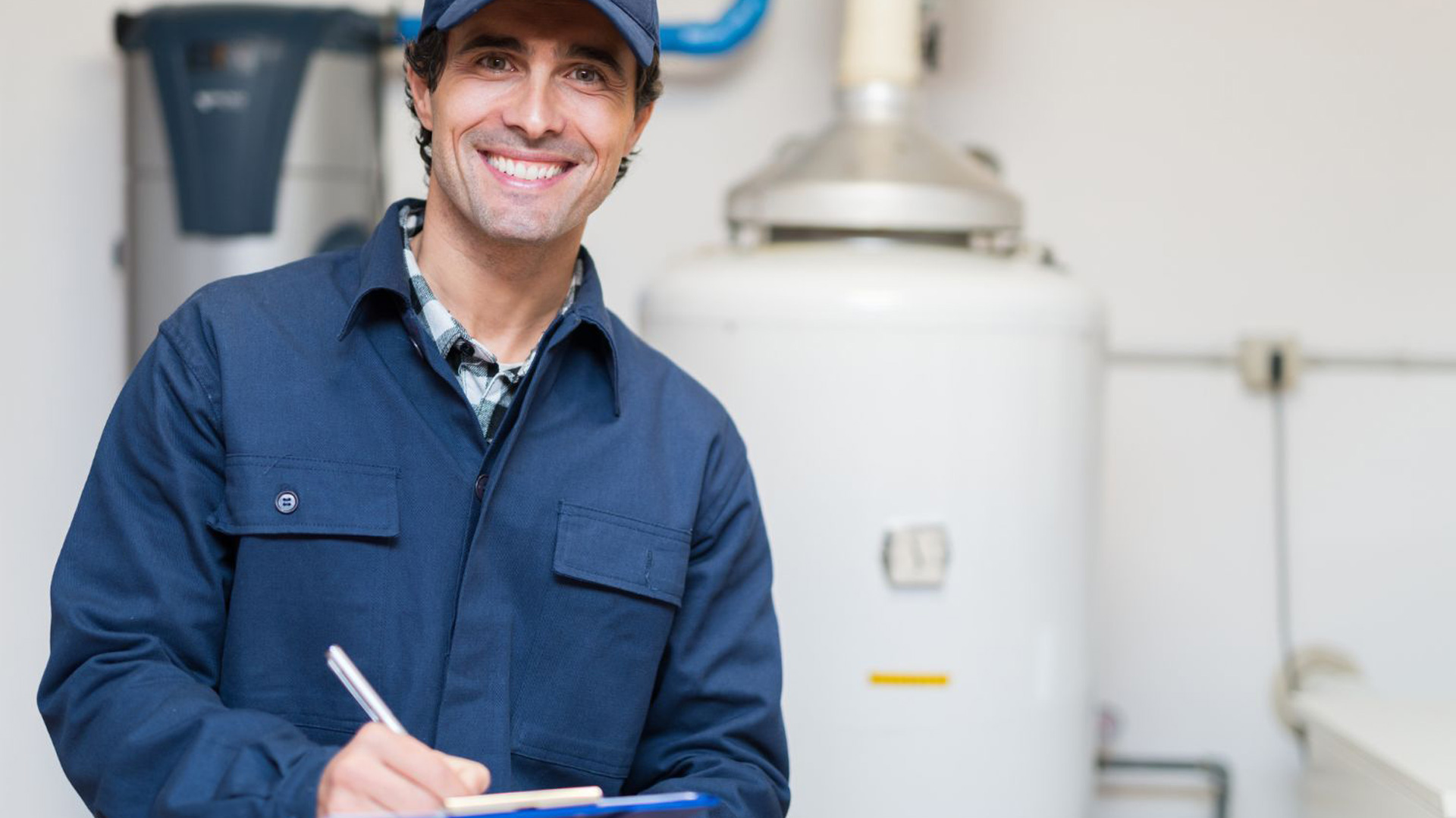
How To Sell Water Heaters For Plumbers In 2024
In the latest episode of our blog, we delve into the intriguing world of plumbing sales, specifically focusing on the art of upselling water heaters. We explore the nuanced strategies used by experienced plumbers to make high-priced options more attractive to consumers. These strategies often involve creating a perceived need for upgrades, such as moving from a traditional tank water heater to a more luxurious tankless system. By understanding these tactics, homeowners can make more informed decisions that align with their actual needs and budget.
Plumbers are skilled in the art of presenting a range of options to customers. This includes basic tank replacements and more advanced, costly systems like tankless water heaters. The use of upselling techniques is designed to make the more expensive options seem not only appealing but necessary. For instance, plumbers might highlight potential government rebates or future savings on energy bills to justify the higher initial cost. This approach plays on the consumer’s emotions, tapping into desires for long-term savings and eco-friendliness.
Moreover, plumbers often gather detailed information about a household’s current and future needs to tailor their recommendations. By asking specific questions about family size and future plans, they create a narrative that suggests a larger or more advanced system is necessary. This technique can subtly steer customers toward options that are not strictly necessary for their current situation. Understanding these tactics is crucial for consumers who wish to see beyond the sales pitch and make decisions based on their true requirements.
The episode also emphasizes the importance of consumer empowerment through education. By learning the terminology and understanding the various types of water heaters available, homeowners can communicate more effectively with plumbing professionals. This knowledge allows them to ask pertinent questions and challenge recommendations that do not align with their needs. The empowerment that comes from being well-informed enables consumers to avoid unnecessary expenses and ensure they are getting the best value for their money.
Informed consumers are less likely to fall for the “fear tactics” that some plumbers might employ. Words like “ancient” or “corrosive” are often used to create a sense of urgency, suggesting that immediate replacement is necessary to avoid catastrophic failures. However, understanding the typical lifespan of water heaters and the signs of actual wear and tear can help consumers discern between genuine advice and sales-driven pressure.
The episode concludes with a call to action for consumers to conduct thorough research before making significant home repair decisions. By becoming knowledgeable about the different types of water heaters and their respective advantages and disadvantages, homeowners can engage in meaningful discussions with plumbers. This informed approach not only protects their wallets but also ensures they are making decisions that truly serve their best interests.
In essence, this episode is a deep dive into the tactics of plumbing salesmanship, providing listeners with the tools they need to navigate this often opaque industry. By lifting the veil on these strategies, we aim to empower consumers to make informed choices, ultimately leading to better outcomes for their homes and budgets.
Here are 10 frequently asked questions (FAQs) about upgrading a water heater, based on the information available in the provided source:
1.What are the different types of water heaters available?
○The source mentions two main types: tankless water heaters and conventional tank water heaters.
2.What are the benefits of a tankless water heater?
○Tankless water heaters are more energy-efficient, leading to lower gas bills.
○They are considered a greener option1.
○They only heat water on demand, meaning you never run out of hot water.
3.What are the benefits of a conventional tank water heater?
○While not explicitly stated, the source implies that conventional tank water heaters are likely a more affordable upfront option compared to tankless,
4.Are there any financial incentives for upgrading to a tankless water heater?
○Gas companies may offer rebates for choosing a tankless model.
5.What factors should I consider when deciding between a tankless and a conventional tank water heater?
○Consider the number of people in your household and your hot water usage habits.
○Think about if you plan to add more people to your household in the future.
○Evaluate if you frequently run out of hot water with your current system.
○Installation costs can vary significantly between the two types, especially if retrofitting an older home for a tankless system.
6.How can I determine the right size water heater for my needs?
○A plumber can assess your household’s hot water demands and recommend an appropriately sized unit.
○The source highlights that the size of your existing tank may not be suitable for your current needs.
7.What are some signs that my water heater needs to be replaced?
○Age: An old water heater is more likely to fail.
○Corrosion: Visible signs of corrosion indicate deterioration.
○Performance issues: Frequent running out of hot water can be a sign of a failing unit.
8.How important is regular maintenance for my water heater?
○The source suggests that plumbers may inquire about how often you flush your tank water heater to understand how well you’ve maintained it. This implies that regular maintenance is important for the longevity of your system.
9.Can I choose my own water heater and have a plumber install it?
○Yes, the source mentions that some plumbers are willing to install a homeowner-provided unit.
10.How can I find a qualified plumber to upgrade my water heater?
○The source doesn’t provide specific guidance on this. You may want to seek recommendations from friends, family, or neighbors, or check online reviews for local plumbing companies.
Please note that these FAQs are based on a limited source focused on sales techniques for plumbers. You may want to consult additional resources or speak with a qualified plumber to get more comprehensive answers and personalized advice for your specific situation.

